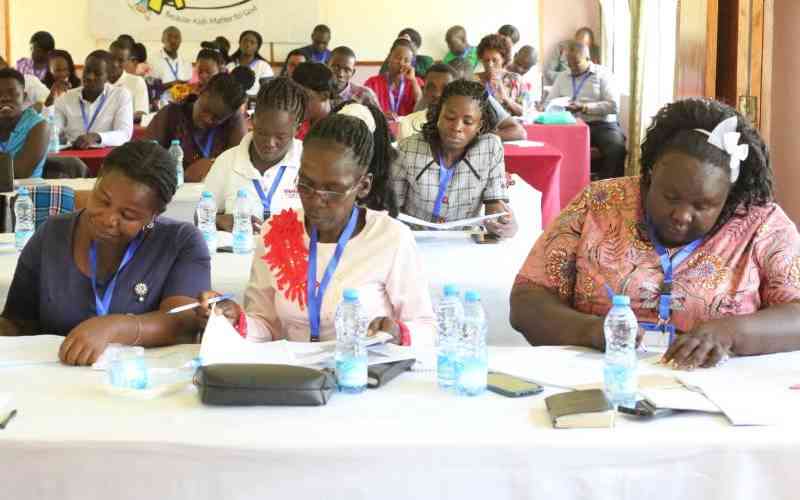×
The Standard e-Paper
Kenya’s Boldest Voice

In October, the Chinese government marked the 10th anniversary of its international development initiative dubbed the Belt and Road Initiative (BRI).
President William Ruto, is among world leaders who visited Beijing to participate in the ceremony. Whereas BRI is mostly known for its mega infrastructure projects like the Standard Gauge Railway and the Nairobi Expressway, it also has a soft side in its social programme mainly in education.